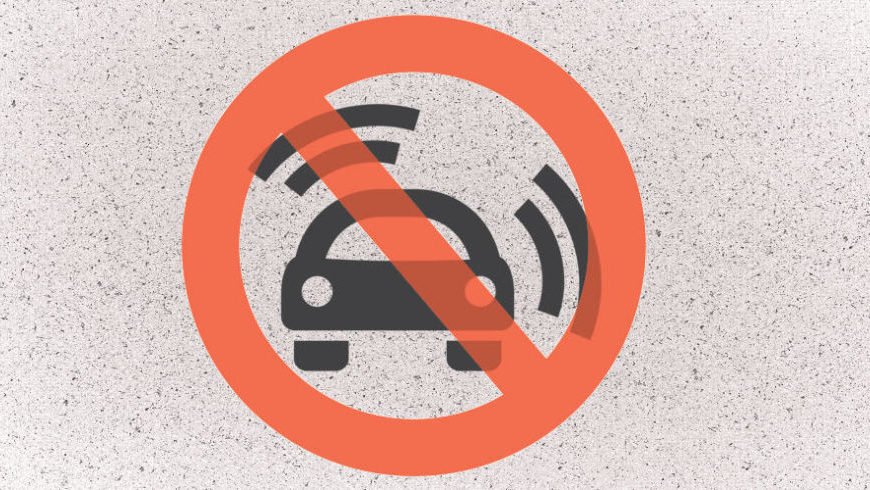- November 7, 2019
- By Ryan
- In Belts, Engine, Oils
- Tags Check Engine Light, Engine, Exhaust, Knock, Noise, Oils, Smoke
- 1849
- 0

While keeping up with routine maintenance will generally keep major engine problems at bay, they can creep up on you out of nowhere, especially if your car has many miles on it. In most cases major mechanical failures will not occur without some sort of forewarning. The engine has numerous ways of communicating potential problems, and as long as you head to the auto repair shop as soon as you notice them you can usually keep repair costs to a minimum. The following are four of the most common signs of major engine trouble.
Knocking Noise
If you experience a knocking noise coming from under the hood it generally indicates that the engine bearings have worn out. The bearings are what all the moving parts of the engine rest on and they can become worn and torn due to general high mileage or if the vehicle is operated with low levels of engine oil. Head to the repair shop to talk with a technician about your options for fixing this particular issue.
Be sure to pay attention to your tailpipe from time to time. If there’s ever an excessive amount of exhaust smoke spewing from the back of your car there is likely something amiss and you can often tell what kind of problem the engine is having based on the color of the smoke. Black smoke indicates that the engine is burning excessive amounts of fuel, which could be caused by a leaking injector or a clogged air filter. Blue smoke indicates an oil leak that is allowing oil to be burnt up in the combustion chamber, putting your car at risk of harsh metal on metal contact on it’s moving parts. White smoke means that there is a coolant leak and that coolant is being burnt in the engine. This means that your vehicle has the potential to overheat, resulting in numerous engine problems.
The sign the stares you right in the face is often the most overlooked. Anytime the check engine light comes on it is important to visit your local auto repair shop to find out what the problem is so that you can have it repaired before a larger issue comes up.
When you have the oil changed be sure that the technicians are inspecting the old oil for any signs of metal, especially in higher mileage vehicles. If metal flakes are found it could be a sign that unwanted metal on metal friction is happening inside the motor, which can lead to massive engine problems if not quickly dealt with.
You must be logged in to post a comment.





